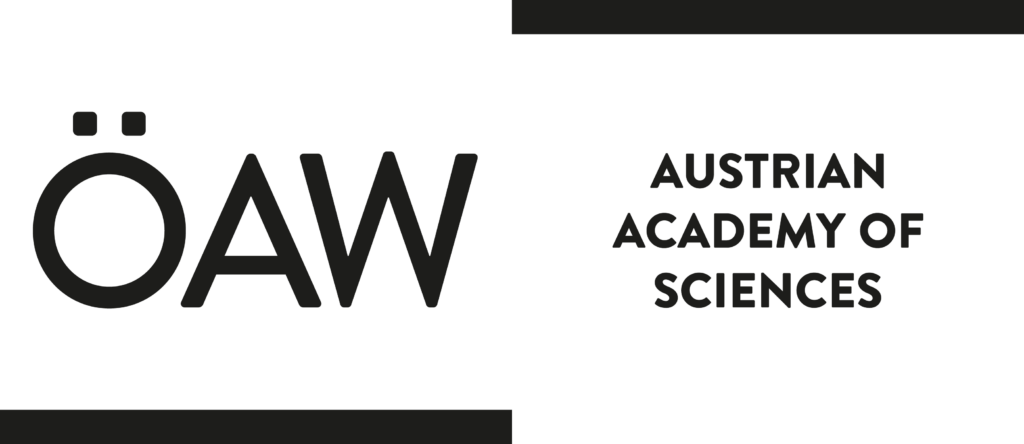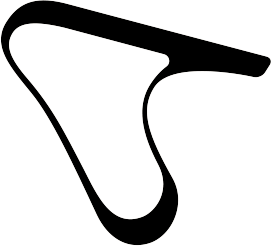ZOZAN – Investigations on Mobility through Multimedia Documentations, Art Interventions, Art-based Research and (Re)Presentations
ZOZAN [sᴐsa:n] is a Kurdish term meaning summer pasture. ZOZAN refers to the traditional way of life of transhumance in summer pastures, a mobile life with relative freedom. The term is also used as a first name and refers to picturesque mountain landscapes.
The ZOZAN project combines three thematic areas: past and present mobilities of Kurds, art production, and representation in transnational spaces. The interdisciplinary project approach of a "critical anthropology of art" combines artistic practice, (visual) anthropology, and art-based research to document, analyze, and (re)present traditional and modern forms of migration(s) in Kurdish societies. In doing so, transnational connections and flows are made visible.
Increasingly, the production of artwork and visual media seems to play a crucial role in questions of (multiple) belonging(s) and memory work in transnational space. ZOZAN explores the following questions: Can visual art capture the dynamic memory and identity work of transnational communities? What role can art play in the construction of "postmemories" and historical narratives? How can art production cross ethnic/national boundaries and build bridges? What role can artistic productions play in the production of commonality and belonging in resident societies?
ZOZAN takes as its starting point two comprehensive multimedia collections on Kurdish societies created between 1968 and 2015. The Werner Finke Collection and the Mehmet Emir Collection are located at the intersection of art and social anthropology and are unique documentations of everyday Kurdish cultures. They reflect traditional ways of life and sociopolitical transformations. The Kurdish regions of Turkey, to which both collections refer, have undergone enormous transformation processes over the last five decades. Extreme forms of violence, socio-economic transformation processes, high rates of urbanization and emigration have shaken the foundations of traditional economic forms and social structures.
One goal of this project is to produce excerpts of these two collections that are digitized and accessible online and in print. Another goal and working approach of the project is to organize artistic interventions based on the two extensive collections of Mehmet Emir and Werner Finke. These interventions were organized as workshops with (non-)Kurdish artists and select audiences in various Kurdish and European institutions. In this way, highly fluid processes of identity, mobility, and memory constructions can be captured, and topics such as past ways of life, cultural heritage, and current challenges of globalization can be discussed.
The aim of these interventions is to elaborate on forms of representation that encompass the collections as well as the recent engagement with cultural heritage, identities, and forms of memory. The results of the participatory workshops were presented to the public in individual exhibitions and finally as an overall show. In addition to the exhibitions, a series of publications, the online presentation of the Finke collection, and a film are being realized.
ZOZAN is funded by the Austrian Science Fund FWF as part of the funding program Arts-Based Research (PEEK).
ZOZAN is funded by the Austrian Science Fund FWF as part of the funding program Arts-Based Research (PEEK).
Team and
hosting
institution
ZOZAN is organized at the Institute for Social Anthropology at the Austrian Academy of Sciences in Vienna.
Project leader
Dr. Maria Six-Hohenbalken
Team
Mehmet Emir (photography, digitization), Eva Kolm (workshops), Eva Stockinger (collection management); with the support of Eszter Ágota Hárs and Marina Stoilova.
Collaborating artists
Savaş Boyraz, Songül Boyraz, Ezgi Erol, Thomas Freiler, Melis Kaya, Duygu Örs, Lisl Ponger, Dara Rasoul (DARO) and
Rojda Tuğrul
DURATION
06/2021 – 05/2025
Financing
FWF PEEK project AR 682




